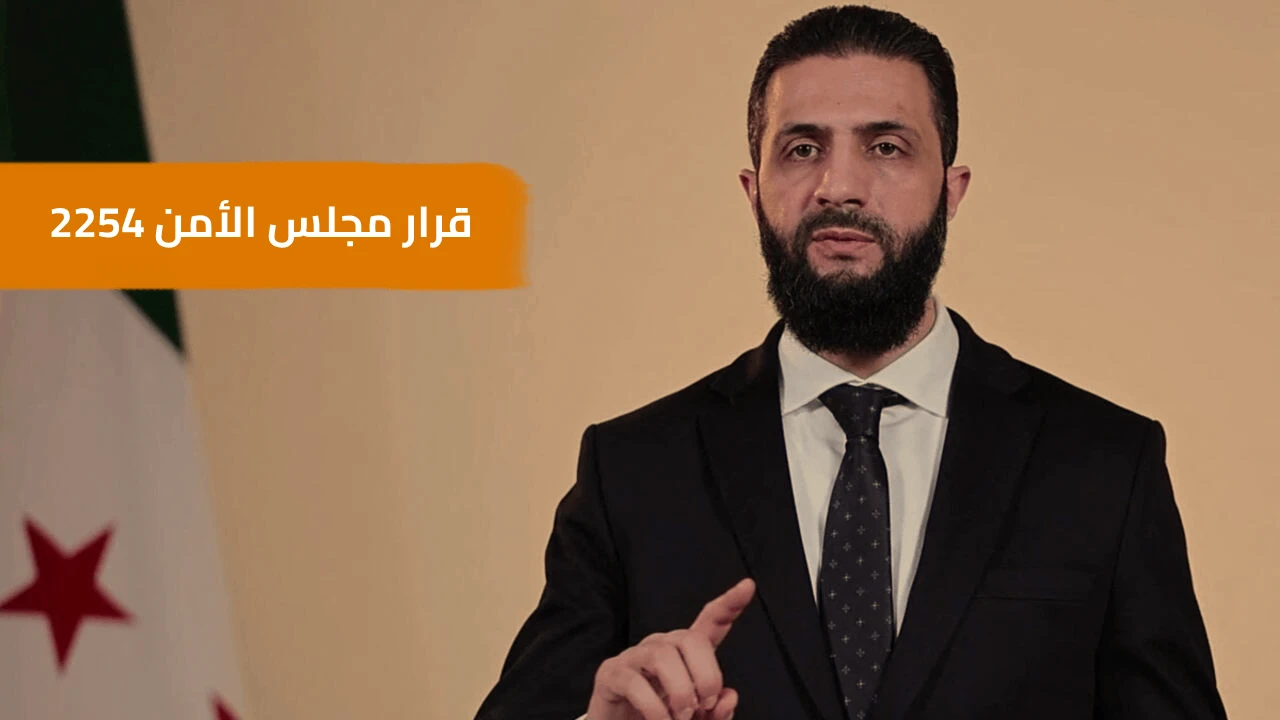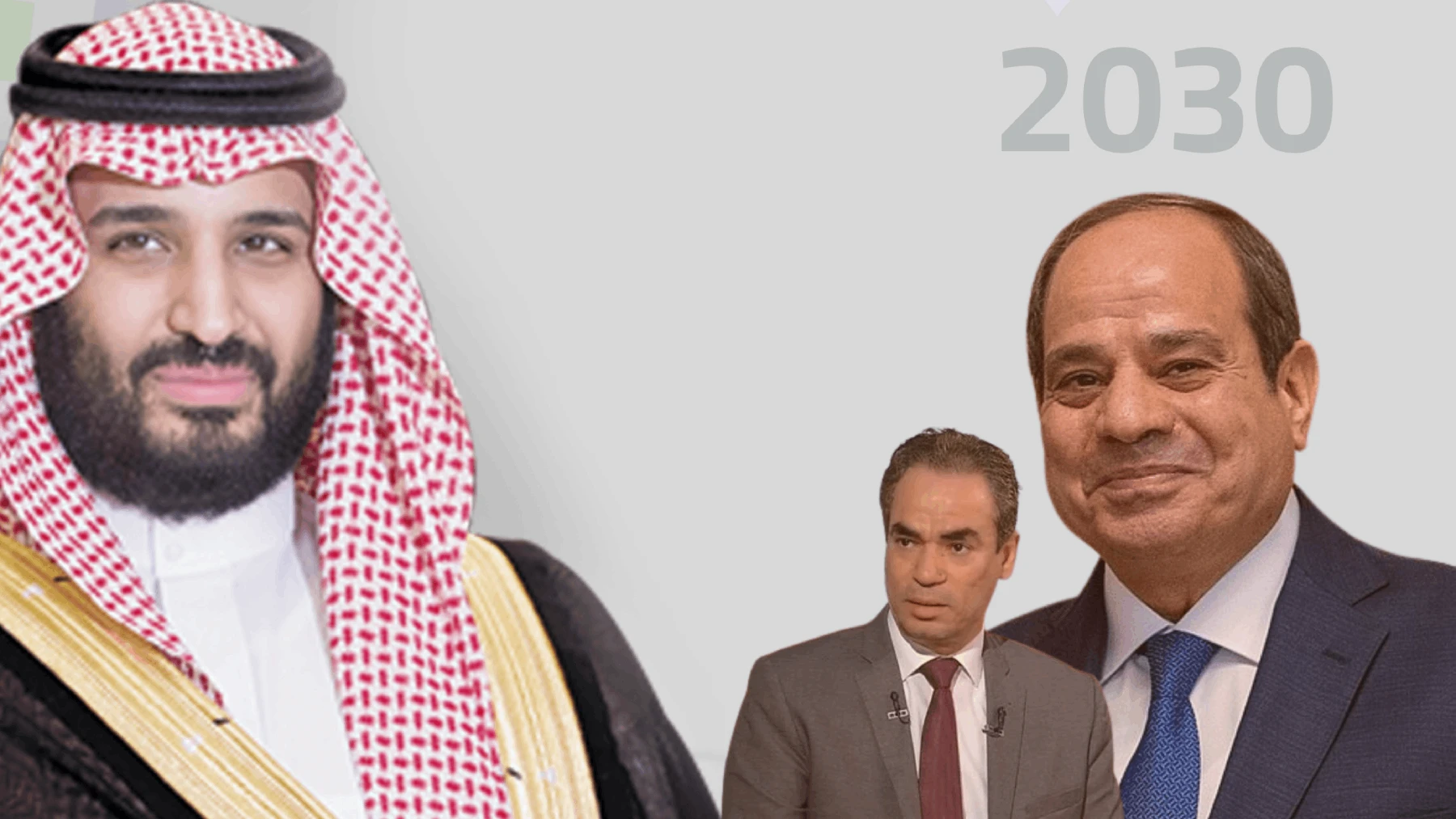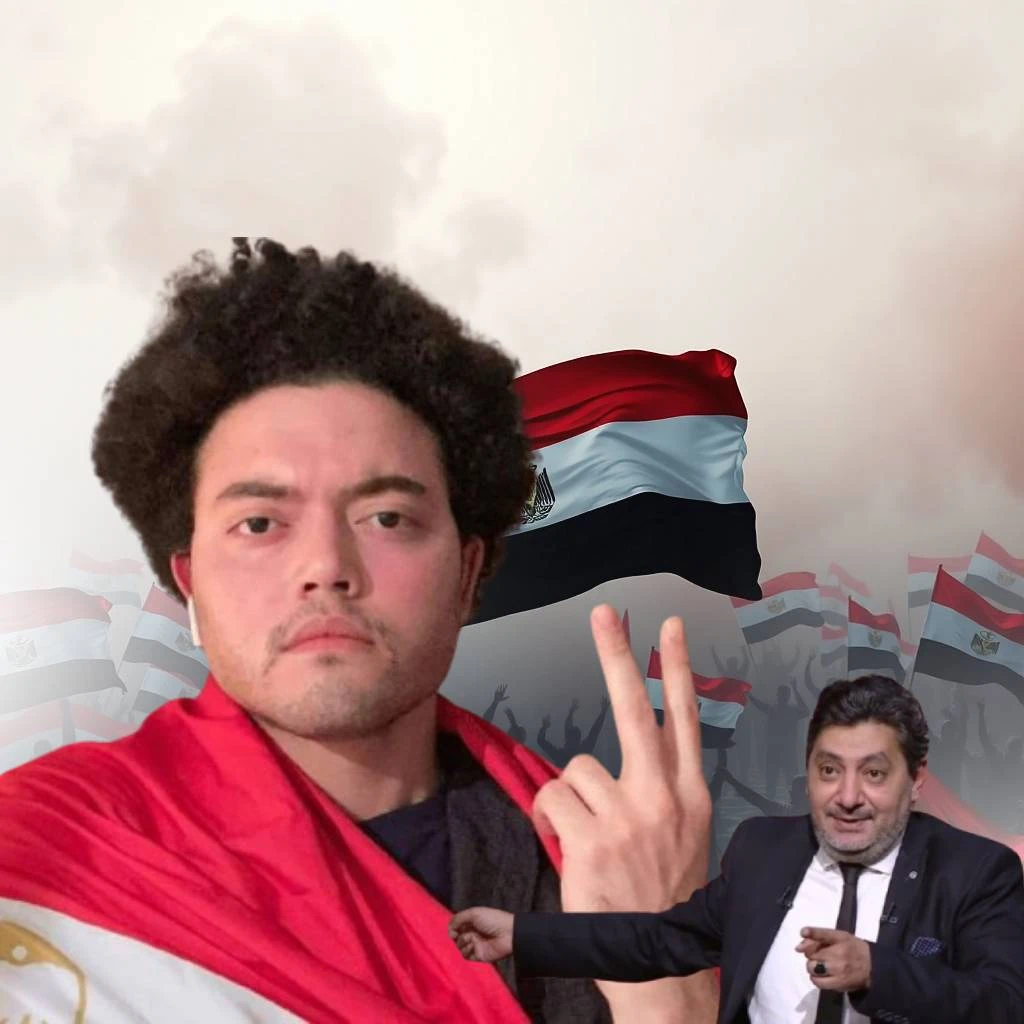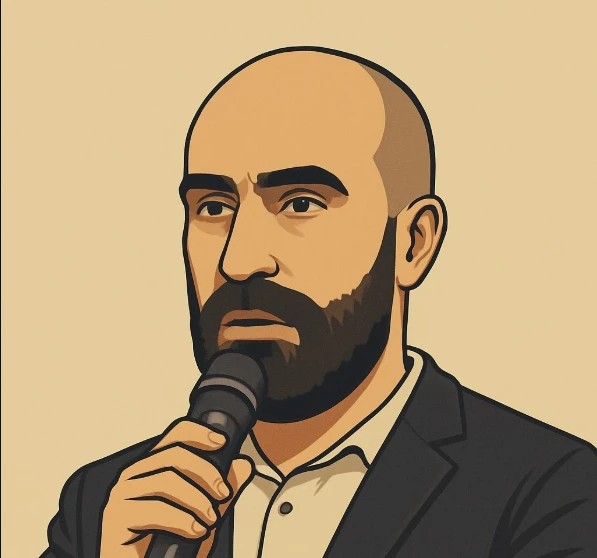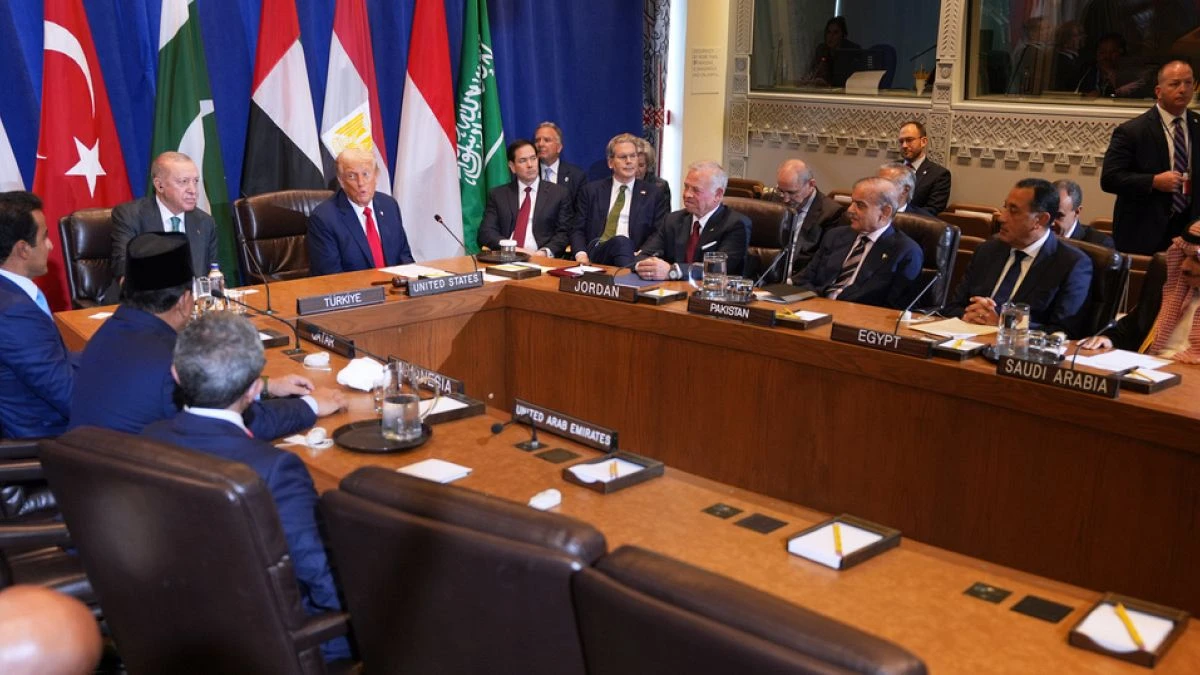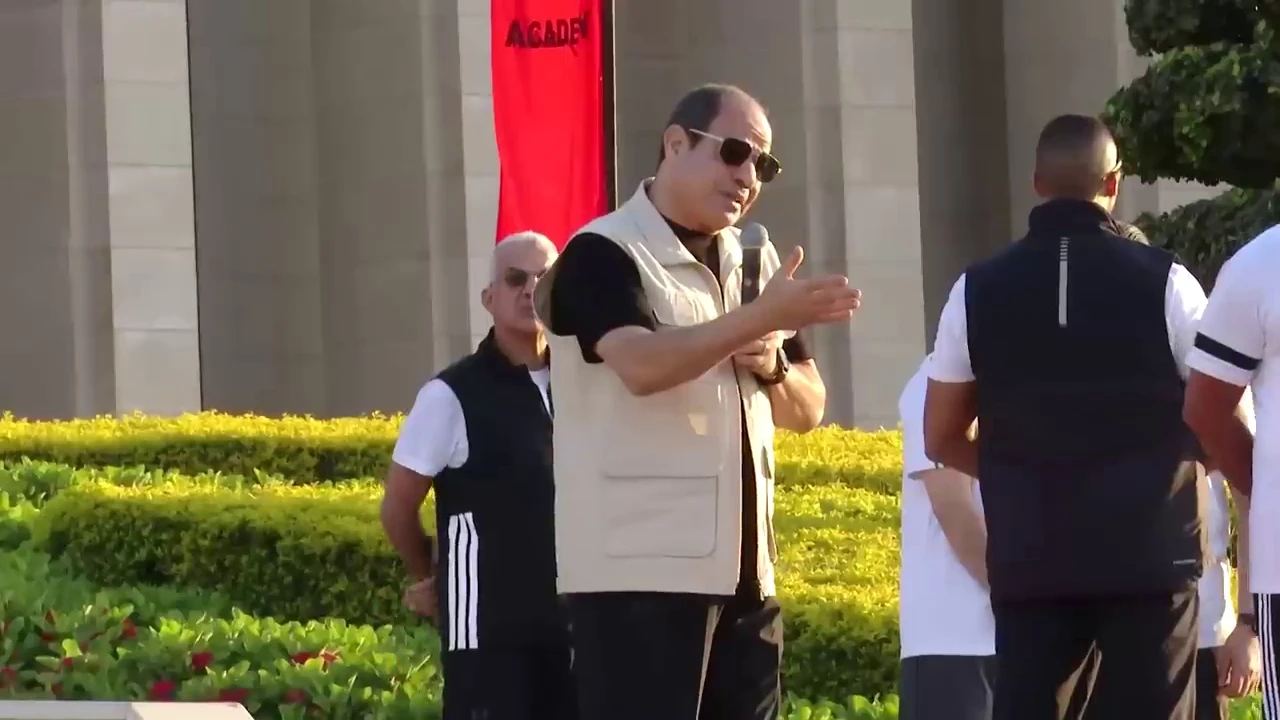UN Security Council Pressures Ahmad al-Shara and Sends Cryptic Messages to Ankara and Moscow
This is an AI-generated English translation. The original text is in Arabic.
Several days ago, specifically on August 10, 2025, the United Nations Security Council issued a unanimous presidential statement condemning the violent events that took place in the Sweida Governorate since July 12, which resulted in the deaths of dozens of civilians and forced approximately 192,000 people to be internally displaced.
The statement came in a humanitarian format focused on protecting civilians and facilitating the delivery of aid to Sweida, with the necessity for a comprehensive and transparent investigation into what occurred in the region. However, upon reading between the lines, we can see many precise political and intelligence messages directed clearly and explicitly at Ahmad al-Shara, with some also aimed at Moscow and Ankara.
Al-Shara Under Scrutiny
As mentioned above, President Ahmad al-Shara, who leads the Syrian interim authority, was the primary and most important target of this statement, which set three clear conditions for ensuring his continued recognition and receiving the appropriate support to remain in power in the region, the most important of which are:
Transparent and swift investigations into the events in Sweida, and holding accountable those responsible regardless of their affiliations, knowing that most international investigations have pointed accusations at several factions within the Syrian army while not clearly addressing the Druze factions.
Commitment to the UN political process according to Resolution 2254 as the sole reference for a solution in Syria, which is an attempt by the Security Council to turn back the clock and impose more authority and control over al-Shara's regime.
Ensuring comprehensive protection for all Syrians, in a manner that paves the way for potential monitoring or international intervention if necessary, facilitating the West's return to military redeployment in Syria or deploying forces similar to UNIFIL in Lebanon.
This formulation does not come from nowhere; rather, it is based on intelligence reports indicating that al-Shara's management of southern Syria will be a decisive factor in determining his position in the international equation, and that any failure or transgression will be used as a pressure tool to politically isolate him. This comes after the official visit of the Syrian Foreign Minister and Defense Minister to Moscow, and it seems that Europe and the West have begun to sense that al-Shara wants to bring Moscow back to the forefront in Syria and secure one or two allies in the Security Council, such as Russia and China.
Resolution 2254⦠The Sword of International Legitimacy
The inclusion of Resolution 2254 in the context of Sweida serves as a reminder and an imposition of a new old political constraint on the new Syrian regime, despite the fact that al-Shara himself has discussed and spoken multiple times since the fall of Bashar's regime that the circumstances surrounding Security Council Resolution 2254 have changed and has called on the international community to reconsider this resolution.
The new statement incorporated the Sweida file to emphasize that Sweida is not a local issue, but rather part of the broader path to rearranging power in Syria according to the vision of the Security Council and the participating states.
Furthermore, the mention of the resolution in the statement underscores that any success or failure will be read internationally as a test of al-Shara's commitment to the UN line, that is, to the line of Washington and its allies within the council.
Parallel Messages to Ankara and Moscow
The statement did not stop at the borders of Sweida and Syria only, as it seems, but included phrases directed at active regional regimes. The statement clearly mentioned phrases such as "negative intervention" and called on countries to refrain from destructive interference that affects the rebuilding of Syria.
This language carries an internal message directed at Turkey and Russia, indicating that southern Syria is not a bargaining chip for the north, and that any intelligence or field movement outside the drawn framework will be monitored and confronted politically..
Managing the Theater of Operations
From a security and intelligence perspective, this statement from the management of a multi-level operational theater for Damascus confirms the limitation of any political independence for al-Shara through clear conditions, while trying to convey to Ankara a demand to curb Turkish ambitions to exploit any power vacuum that may have arisen in Syria after Bashar's fall. Finally, it sends a message to Moscow to remind them that the political reference in Syria will remain Resolution 2254 regardless of the field understandings, and thus al-Shara, like Bashar, will face consequences if Moscow attempts to intervene.
This statement cannot be considered a sign that the West has turned its back on al-Shara; rather, it resembles a yellow card issued by the referee to a player who violates the rules of the game. At the same time, it confirms that the accumulation of warnings leads to early expulsion after political isolation and the cessation of international support. It also sends a message to regional powers that Syria is not a theater for maneuvering and that the game is managed from decision-making rooms in Washington, not from Damascus.
In conclusion, it seems that the Security Council here played the role of the political facade of the international control apparatus, where precise messages are sent through humanitarian language, yet they carry within them the balances of power, field calculations, and pre-engagement plans.

